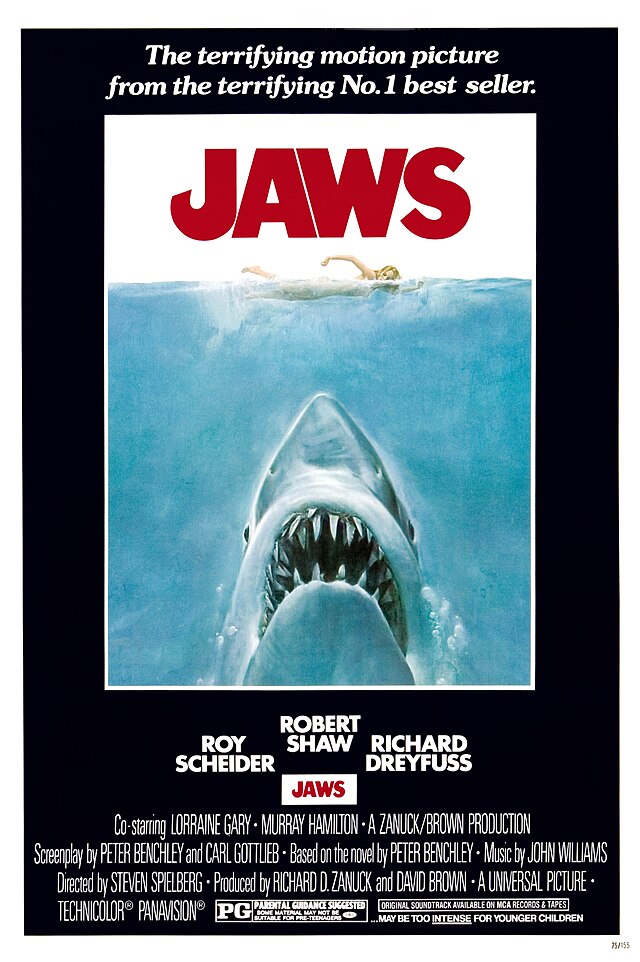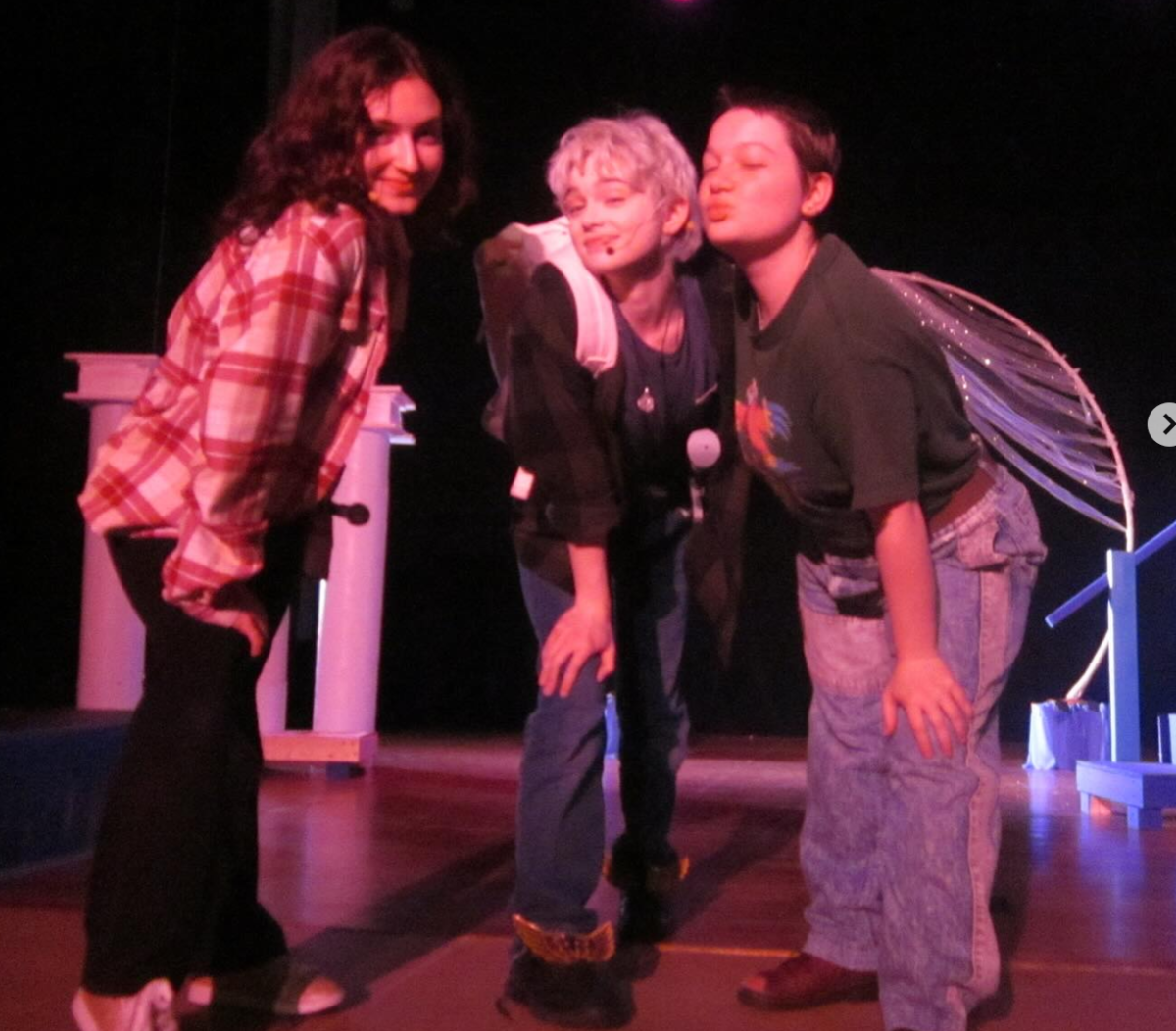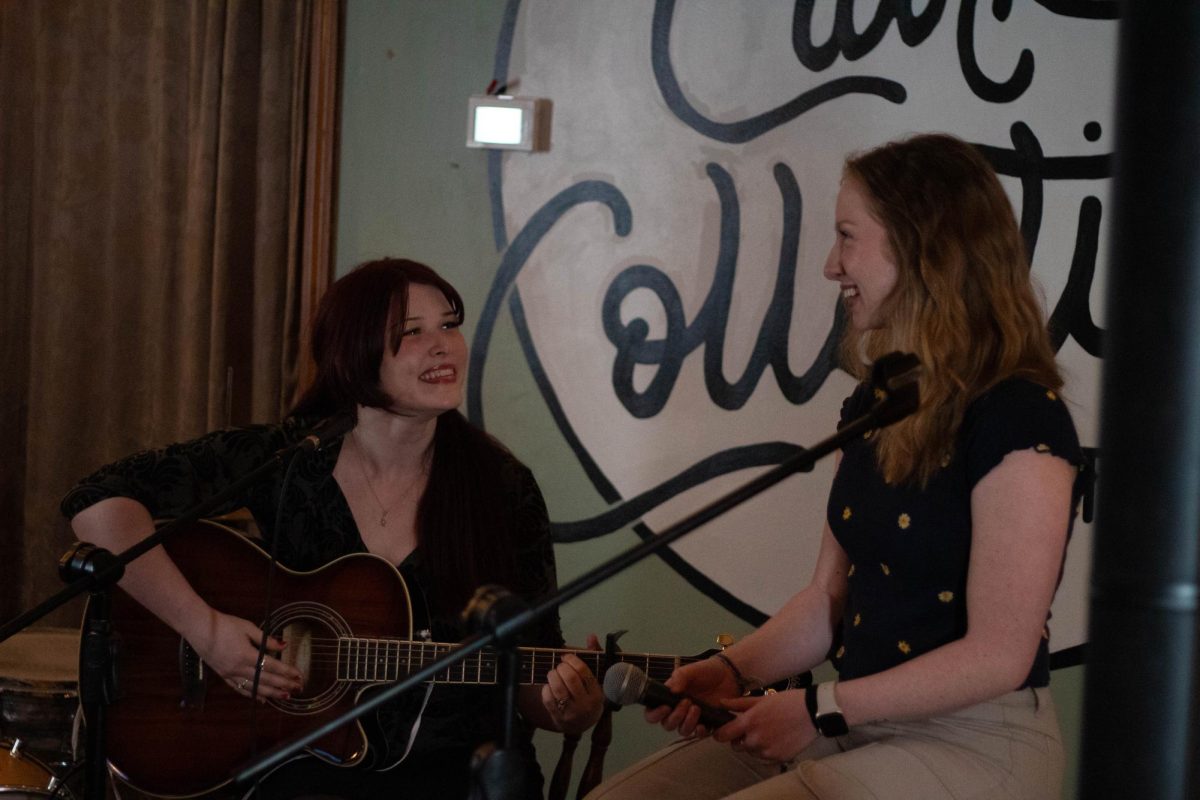Before viewing “Napoleon,” I had little expectations – just a desire to see another “Barry Lyndon”-esque period piece with impeccable lighting. Don’t get me wrong, the lighting of this movie is excellent and the battle sequences are visually stunning, but in regards to Ridley Scott’s telling of the story of Napoleon, the movie fell short.
I didn’t spend 14 dollars on popcorn: this could not be said of virtually everyone who entered the screening I was in, who easily fell into the trap of buying overpriced food (if you can even call movie theater popcorn that). It was a surprisingly well-attended movie, which makes me concerned that there are more Bonapartists in my home state of Maine than I realized. To fully analyze this film, I had to embrace the film bro attitude to fully take in the cinematography and the mise en scène.
One of my main qualms with the film is the general confusion as to what genre Scott is trying to portray. I was constantly wondering what kind of movie Scott was making. At first, I thought it was a biopic about the life of Napoleon, but the movie divulges to other events going on at the time (for instance, there is an unnecessary amount of time spent explaining Robespierre and aspects of the French Revolution). The movie treats the audience as if they don’t know anything about French history, which causes these scenes to drag on and on.
About 20 minutes in, the audience assumes this movie will mostly be about Napoleon and his rise to power with a handful of battle scenes. However, at this point, we are introduced to Josephine, his future wife, which shifts the focus to Napoleon’s relationship with her. This ends up confusing the audience with the angle of the movie. Should we be more concerned with Napoleon’s personal life or the battles? The movie doesn’t do a good job connecting the two, making it feel as if two different stories are being told rather than one continuous story.
I should mention, though, that there is some excellent lighting in this film. “Napoleon” did not deliver the Kubrickesque stylings I had hoped for, but it was a spectacle nonetheless.
One criticism I have of this film is that the dialogue is quite goofy at times and felt almost out of place. I assume Scott was trying to take the story of Napoleon seriously, but the line “Destiny has brought me this lamb chop,” delivered by Joaquin Phoenix, was quite a goofy choice. Then again, the person who laughs at every mildly amusing dialogue found their place at my screening.
The film’s pacing is flawed, too, and does a poor job at condensing such a well-known figure’s life into just two-and-a-half hours. The film glosses over parts of Napoleon’s life that both casual history enjoyers and history majors in the r/Napoleon subreddit would find vital to the story. For instance, Napoleon’s brother is in one scene during the coup and is never seen again, despite the fact that Napoleon made him King of Spain. There is also hardly any screen time devoted to Napoleon’s time in Elba or Saint Helena.
Overall, Ridley Scott’s “Napoleon” fell short, with Scott presenting a long and dry story that didn’t even tell the full detail of Napoleon’s life. While many of the battle scenes are visual masterpieces, I would’ve fallen asleep if I hadn’t seen it in a theater. Scott is set to release a director’s cut in a few months, which will add a full hour to the movie’s runtime. While I already wasted my time watching the regular version, it seems I will have to watch this cut to see if my criticisms will be addressed.




